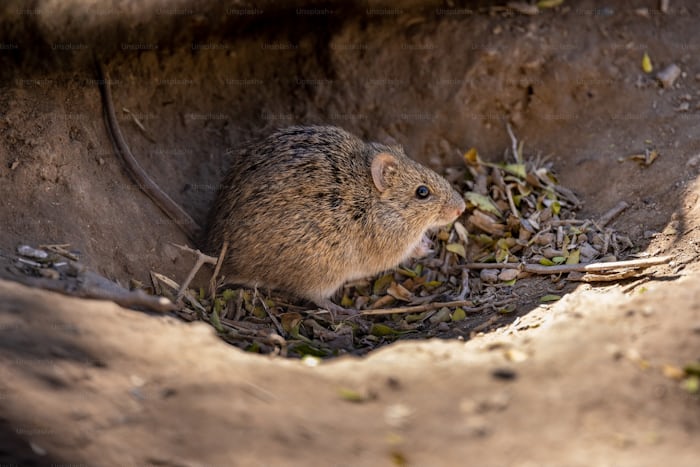Table of Contents
Accidentally ate food eaten by mouse – it’s a thought that can send anyone into a panic. You’re rummaging through your pantry for a midnight snack and eventually find something to bite into. Everything seems fine until you spot it: tiny teeth marks on your favorite cereal box. Suddenly, the unsettling realization hits – could a mouse have gotten to your food first?
Your stomach drops as you realize you’ve accidentally eaten food that a mouse got to first. Panic sets in, but don’t worry – you’re not alone in this furry fiasco. Whether it’s a nibbled nutrition bar or a sampled snack, accidentally consuming mouse-contaminated food is more common than you might think. But before you jump to worst-case scenarios, let’s take a deep breath and explore what this really means for your health. In this guide, we’ll navigate the do’s and don’ts of this squeaky situation, separate facts from fears, and arm you with the knowledge to handle it like a pro. Ready to outsmart those sneaky rodents? Let’s dive in!

Understanding the Risks: Mouse-Contaminated Food and Your Health
Have you accidentally eaten food that a mouse has nibbled on? It’s a stomach-churning thought, but don’t panic just yet. Let’s break down what this means for your health in clear, practical terms.First things first: accidentally eating food eaten by a mouse doesn’t guarantee you’ll get sick. However, it’s crucial to understand the potential risks.
Mice can be tiny carriers of various pathogens in their saliva, urine, and droppings, which may end up on your food. Here’s what you need to know about the risks:
1. Bacterial Infections: The most common concern when you’ve accidentally eaten food contaminated by mice is bacterial infections. Mice can spread bacteria like Salmonella and E. coli, potentially leading to food poisoning symptoms such as:
– Nausea
– Vomiting
– Diarrhea
– Fever
2. Viral Infections: While less common, viral infections are possible. Hantavirus, though rare, is a serious viral infection that can be transmitted through mouse droppings or urine.
3. Parasites: In some cases, mice might carry parasites that could infect humans. However, this is less frequent than bacterial infections.
4. Allergic Reactions: Some individuals may experience allergic reactions to mouse proteins present in contaminated food.
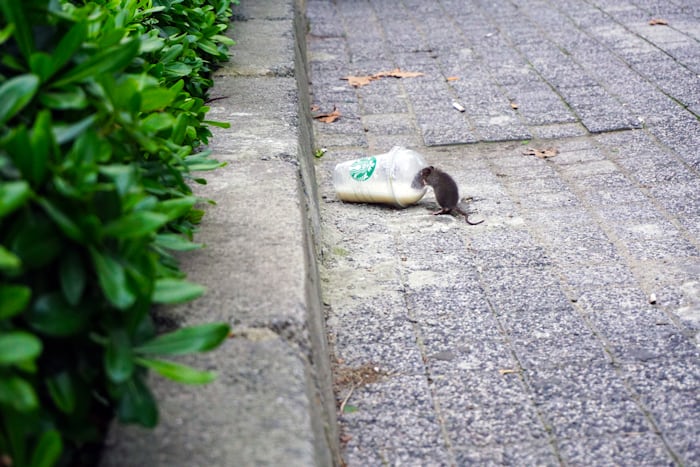
Now, let’s address a common question: Do mice spread Lassa fever?
Interestingly, while mice can spread various diseases, Lassa fever isn’t typically associated with common house mice. Here’s what you should know:
- Lassa fever is primarily spread by a specific rodent called the Mastomys natalensis or multimammate rat, not the common house mouse.
- This disease is mainly found in certain parts of West Africa, such as Nigeria, Liberia, Sierra Leone, and Guinea.
- If you’re not in these regions, your risk of Lassa fever from accidentally eating mouse-contaminated food is extremely low.
The risk level of any illness can vary depending on factors like:
– How recently the mouse came into contact with the food
– The type of food involved (moist foods may harbor bacteria more easily)
– Whether the food was cooked after being contaminated
– Your overall health and immune system strength
Remember, while accidentally eating food eaten by a mouse is concerning, not everyone who consumes mouse-contaminated food will become ill. However, it’s wise to be aware of the potential risks and monitor your health closely in the days following the incident. If you’ve found yourself in this squeaky situation, stay calm but vigilant. When in doubt, it’s always better to consult with a healthcare professional. They can provide personalized advice based on your specific circumstances and help put your mind at ease.
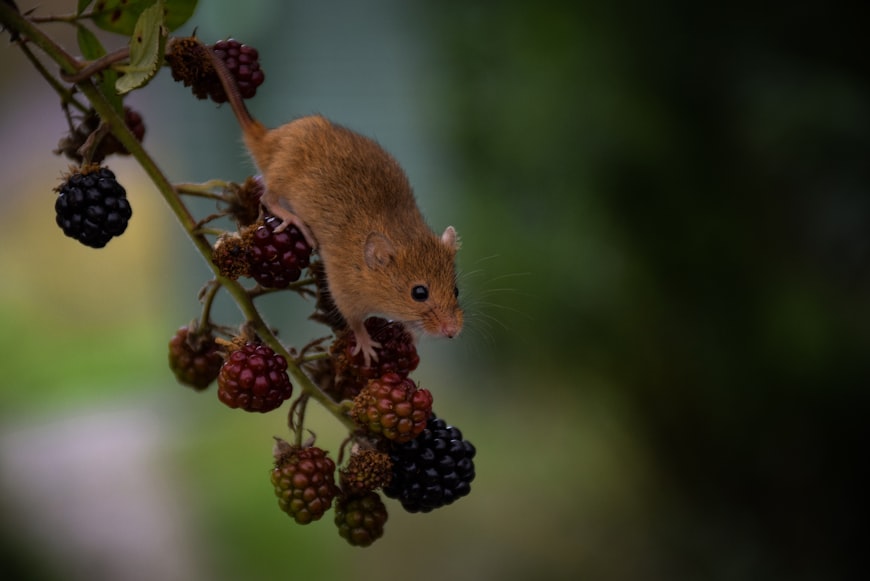
Potential Health Consequences and When to Seek Medical Attention
Accidentally eating food that a mouse has nibbled on can be worrying, but understanding potential health consequences can help you stay prepared. Let’s break down what you might experience and when it’s time to call the doctor.
Possible Health Effects:
1. Food Poisoning: The most common consequence of eating mouse-contaminated food is food poisoning. Symptoms typically appear within 1-3 days and may include:
– Nausea – Vomiting – Diarrhea – Abdominal cramps – Fever
2. Salmonellosis: Caused by Salmonella bacteria, this infection can lead to:
– Sudden onset of diarrhea
– Abdominal pain
– Fever
– Sometimes, blood in stool
3. Leptospirosis: Though less common, this bacterial infection can cause:
– High fever
– Headache
– Chills
– Muscle aches
– Jaundice (in severe cases)
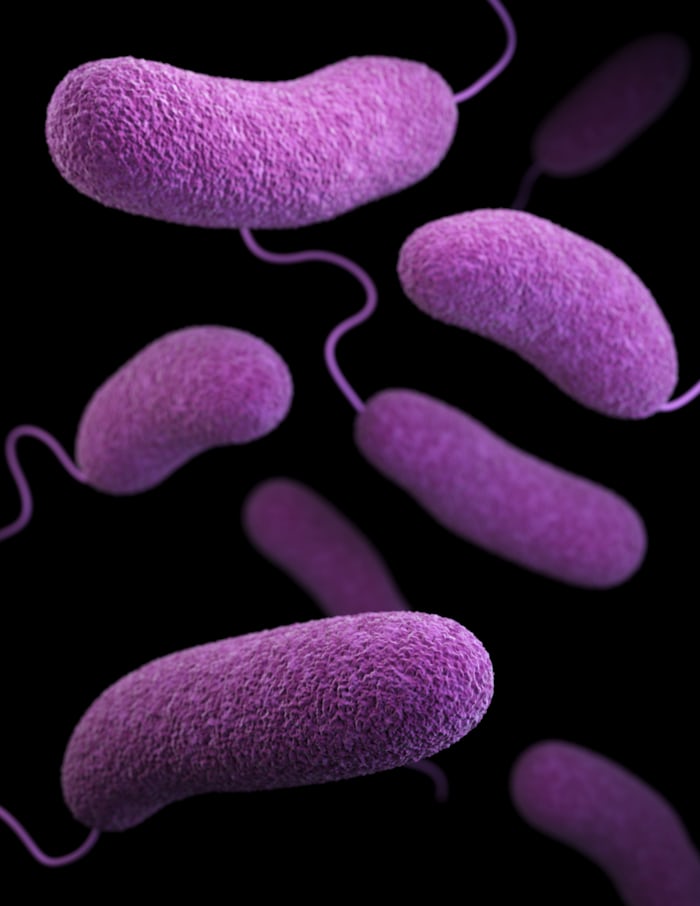
4. Hantavirus: While rare, this serious viral infection can occur. Early symptoms resemble the flu: – Fatigue
– Fever
– Muscle aches
– Headaches
– Dizziness
– Chills
– Abdominal problems
5. Allergic Reactions: Some people might experience allergic reactions to mouse proteins, leading to:
– Skin rashes
– Itching
– In severe cases, difficulty breathing
When to Seek Medical Attention:
1. Immediate Medical Care: Seek emergency medical attention if you experience:
– Difficulty breathing or chest pain
– Severe abdominal pain
– High fever (over 101.5°F or 38.6°C)
– Bloody diarrhea
– Signs of severe dehydration (extreme thirst, dry mouth, little or no urination, severe weakness, dizziness, or lightheadedness)
2. Non-Emergency but Concerning Symptoms:
Contact your healthcare provider if you have:
– Diarrhea lasting more than 3 days
– Inability to keep liquids down
– Ongoing vomiting
– Signs of dehydration (decreased urination, dry mouth and throat, feeling dizzy when standing up) – Fever above 100.4°F (38°C) that lasts more than a day
Even if symptoms are mild, don’t hesitate to call your doctor if you’re concerned. They can provide guidance based on your specific situation and medical history. Remember, while it’s scary to realize you’ve accidentally eaten food that a mouse has gotten into, many people don’t experience serious health effects. However, it’s crucial to stay vigilant and listen to your body.
Prevention: How to Keep Your Food Safe from Rodents
After the unnerving experience of accidentally eating food eaten by a mouse, you’re probably eager to prevent it from happening again. Here’s how to mouse-proof your kitchen and keep your food safe:
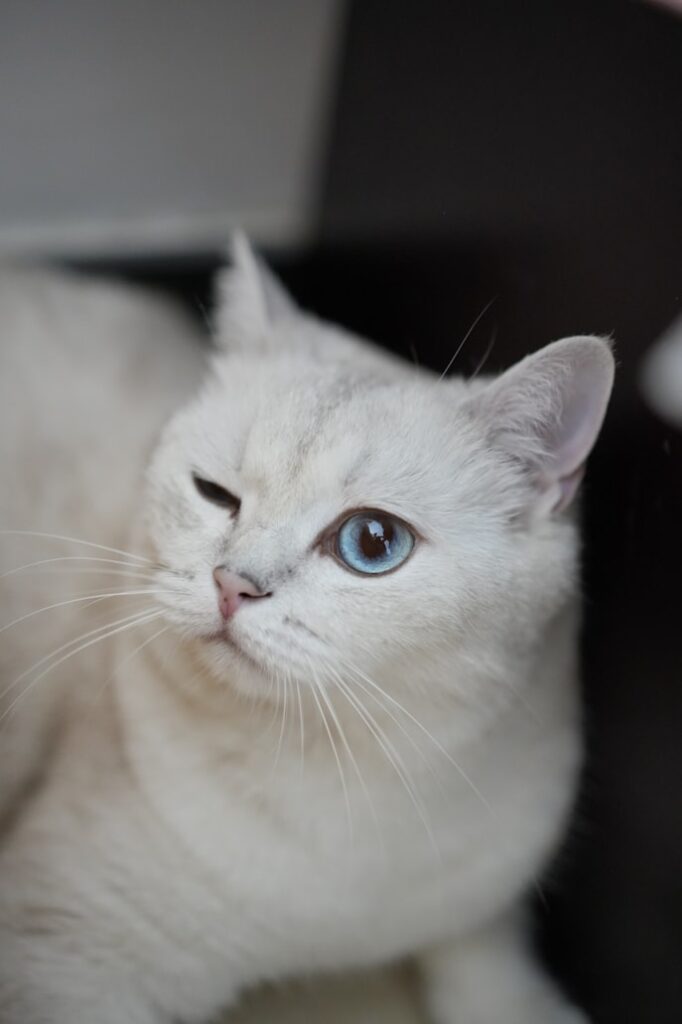
1. Seal Entry Points
– Inspect your home for small holes or cracks.
– Use steel wool, caulk, or metal sheeting to seal any openings.
2. Store Food Properly
– Use airtight containers for dry goods like cereals and grains.
– Glass or thick plastic containers are best – mice can chew through thin plastic. – Don’t leave pet food out overnight.
3. Keep Your Kitchen Clean
– Wipe down counters and sweep floors regularly.
– Clean up spills immediately.
– Don’t leave dirty dishes in the sink overnight.
4. Manage Trash Carefully
– Use trash cans with tight-fitting lids.
– Take out the garbage regularly.
– Keep outdoor garbage bins away from your house.
5. Consider Natural Repellents
– Peppermint oil, used sparingly, can deter mice.
– Some people swear by ultrasonic repellent devices, though evidence is mixed.
6. Maintain Your Yard
– Keep grass short and remove debris piles.
– Store firewood away from your house. Remember, preventing mouse intrusions is key to avoiding the stress of accidentally eating food eaten by a mouse.
Myths vs. Facts: Clarifying Common Misconceptions About Mouse-Contaminated Food
If you’ve accidentally eaten food eaten by a mouse, you might be swirling with questions and misconceptions. Let’s separate fact from fiction:
Myth 1: “If I accidentally ate food eaten by a mouse, I’ll definitely get sick.“
Fact: While there’s a risk, not everyone who accidentally eats mouse-contaminated food gets ill. Your immune system and the level of contamination play roles.
Myth 2: “Cooking food will kill all harmful bacteria from mouse contamination.”
Fact: While cooking can kill many bacteria, it doesn’t eliminate all risks, especially if toxins are already present.
Myth 3: “If the food looks fine, it’s safe to eat even if a mouse got to it.”
Fact: Mouse contamination isn’t always visible. If you suspect a mouse has eaten your food, it’s best to discard it.
Myth 4: “Mice are only attracted to cheese.”

Fact: Mice are opportunistic eaters. They’re often more attracted to high-calorie foods like nuts, seeds, and sweets.
Myth 5: “If I accidentally ate food eaten by a mouse, I need immediate medical attention.”
Fact: While it’s wise to monitor your health, immediate medical care is only necessary if you develop severe symptoms.
Myth 6: “All rodent-borne diseases are deadly.”
Fact: While some can be serious, many people who accidentally eat food eaten by a mouse experience mild symptoms or none at all.
Myth 7: “Mice only contaminate food they’ve visibly chewed.”
Fact: Mice can contaminate food through urine and droppings too, which might not be immediately noticeable.
By understanding these myths and facts, you can better assess the situation if you ever accidentally eat food eaten by a mouse. Remember, while it’s important to be cautious, panicking isn’t helpful. Stay informed, practice good prevention, and consult a healthcare professional if you have concerns about your specific situation.
Follow Gilcare On:

